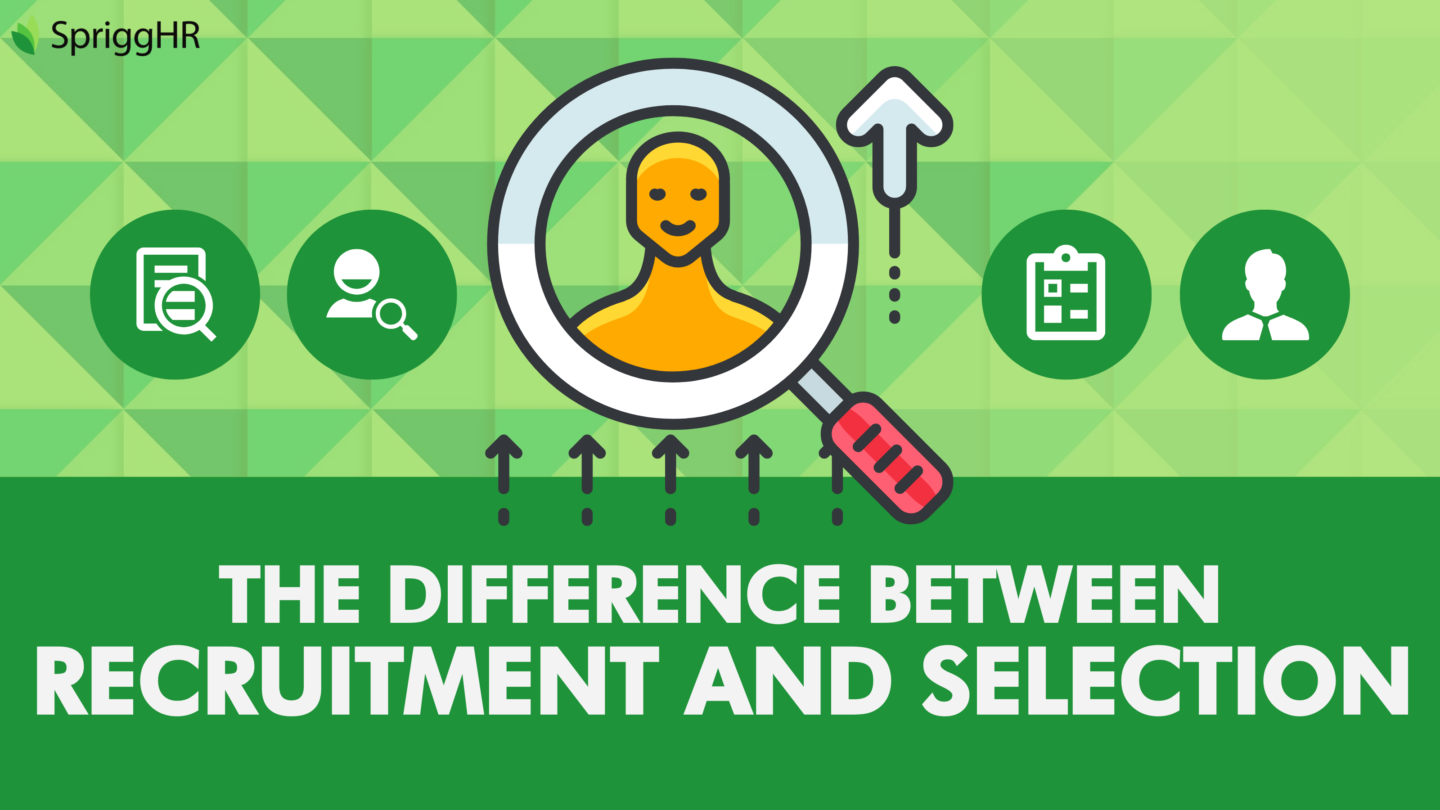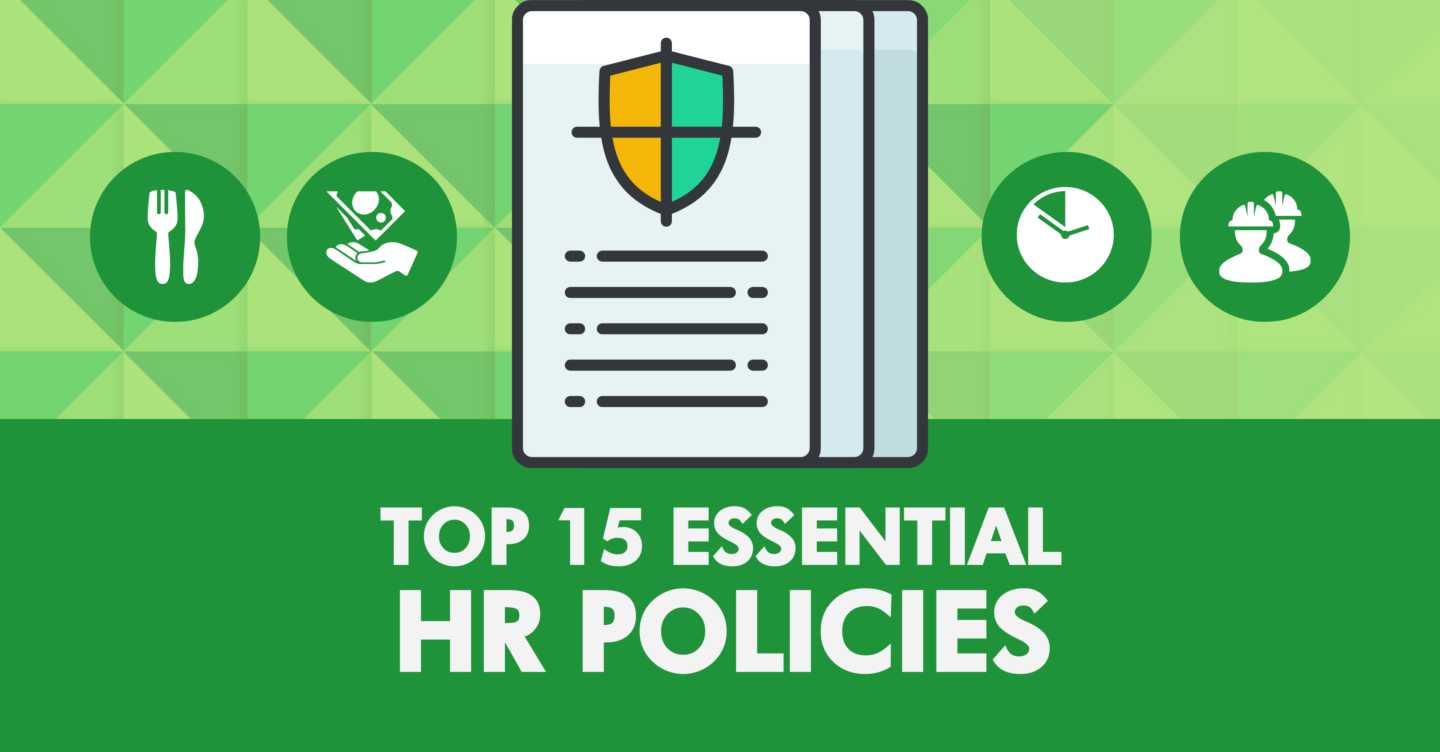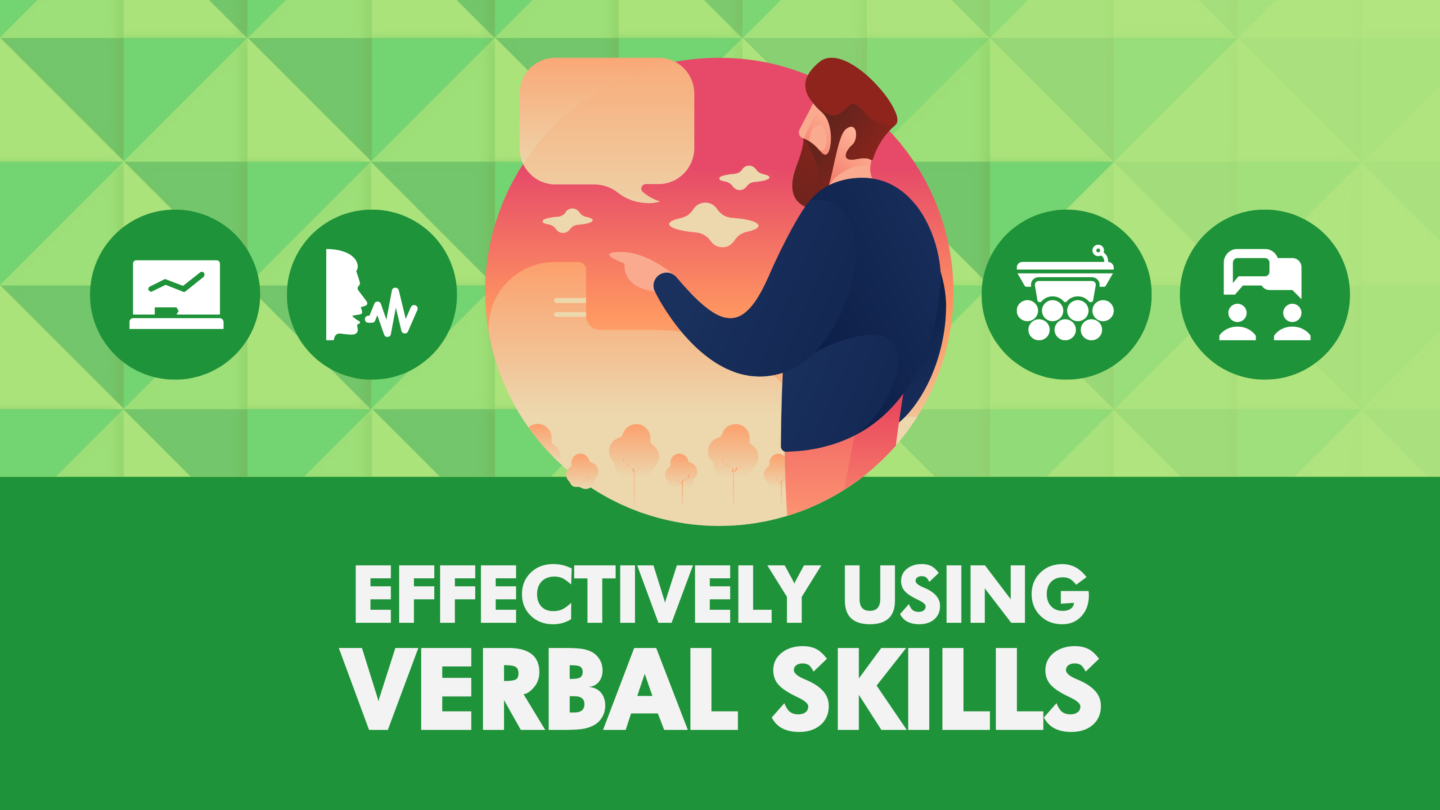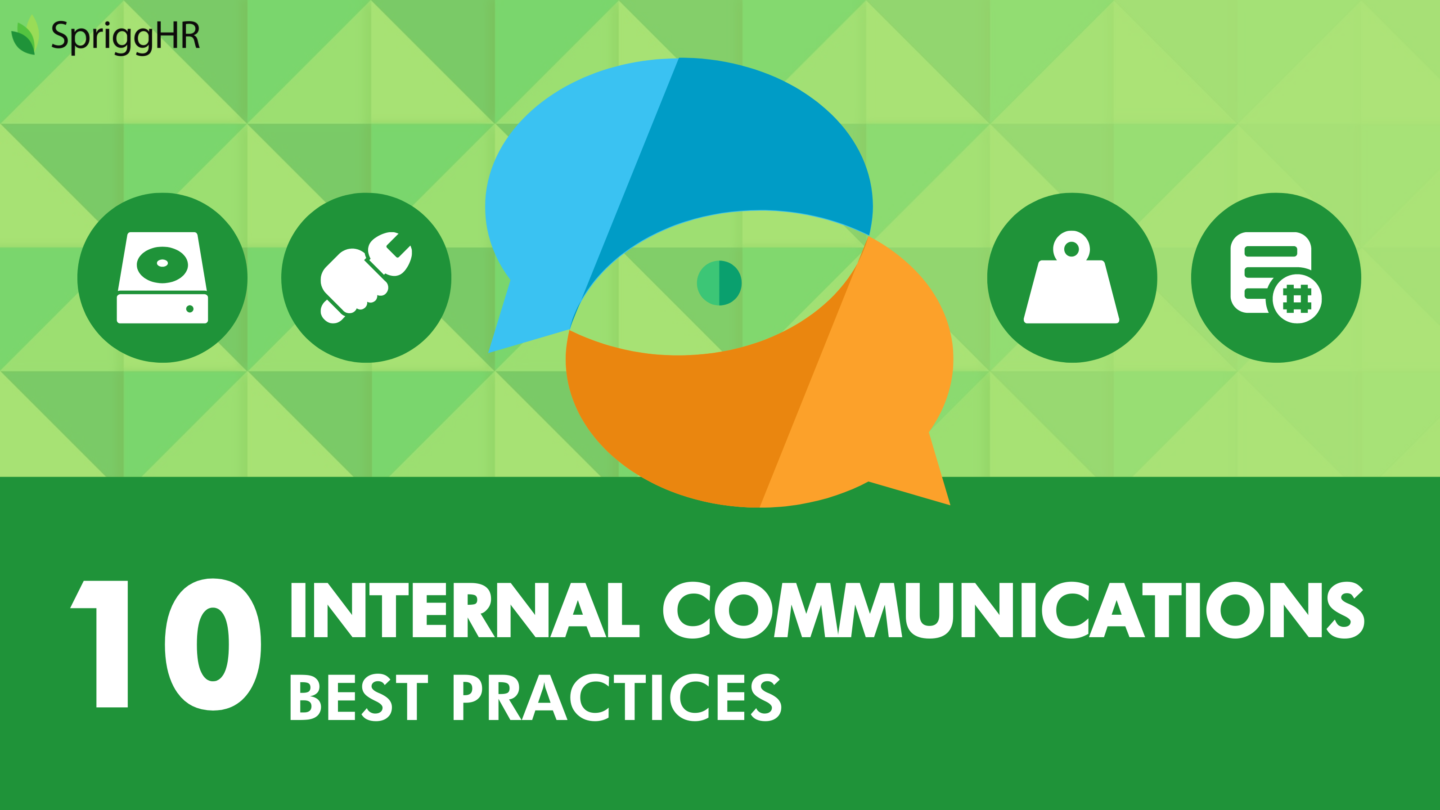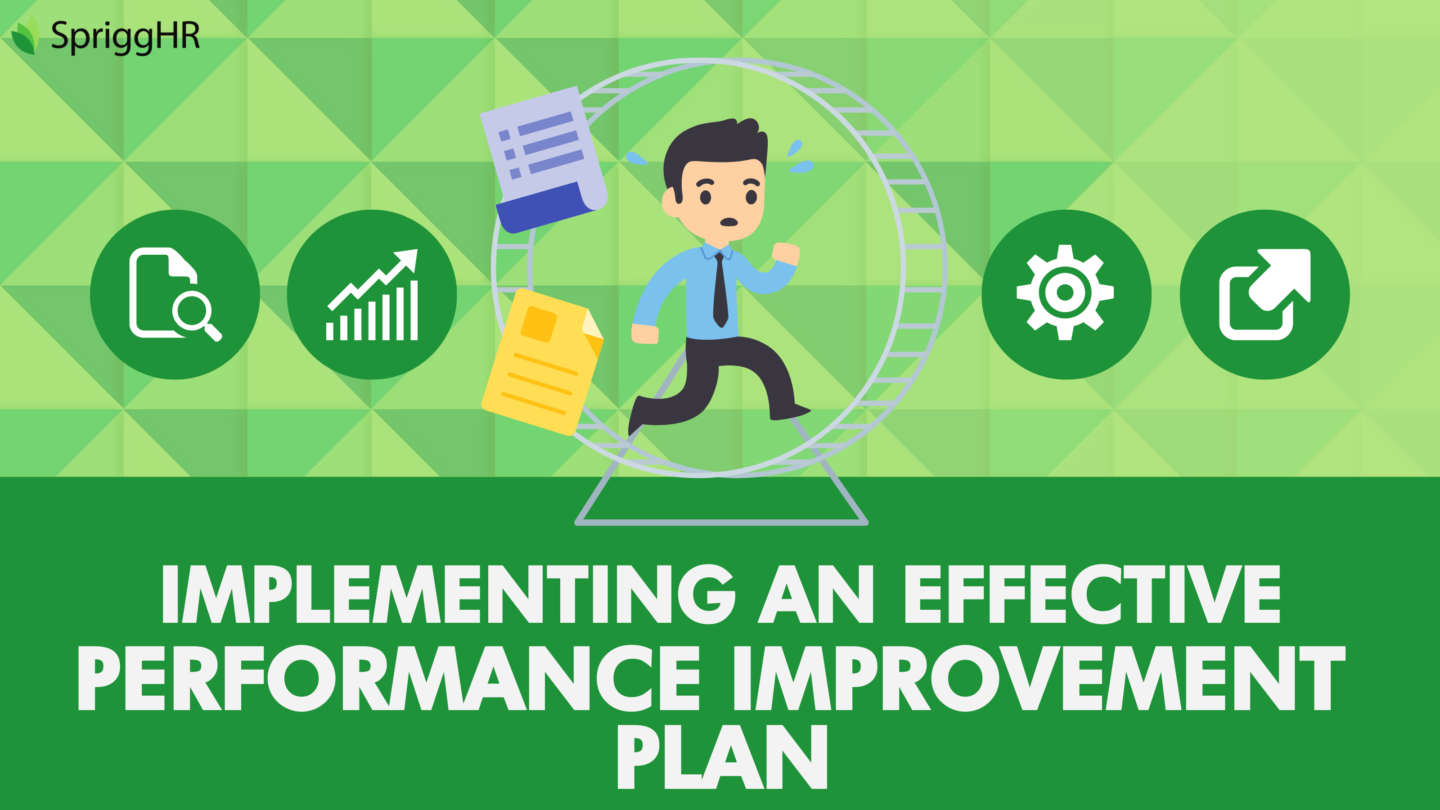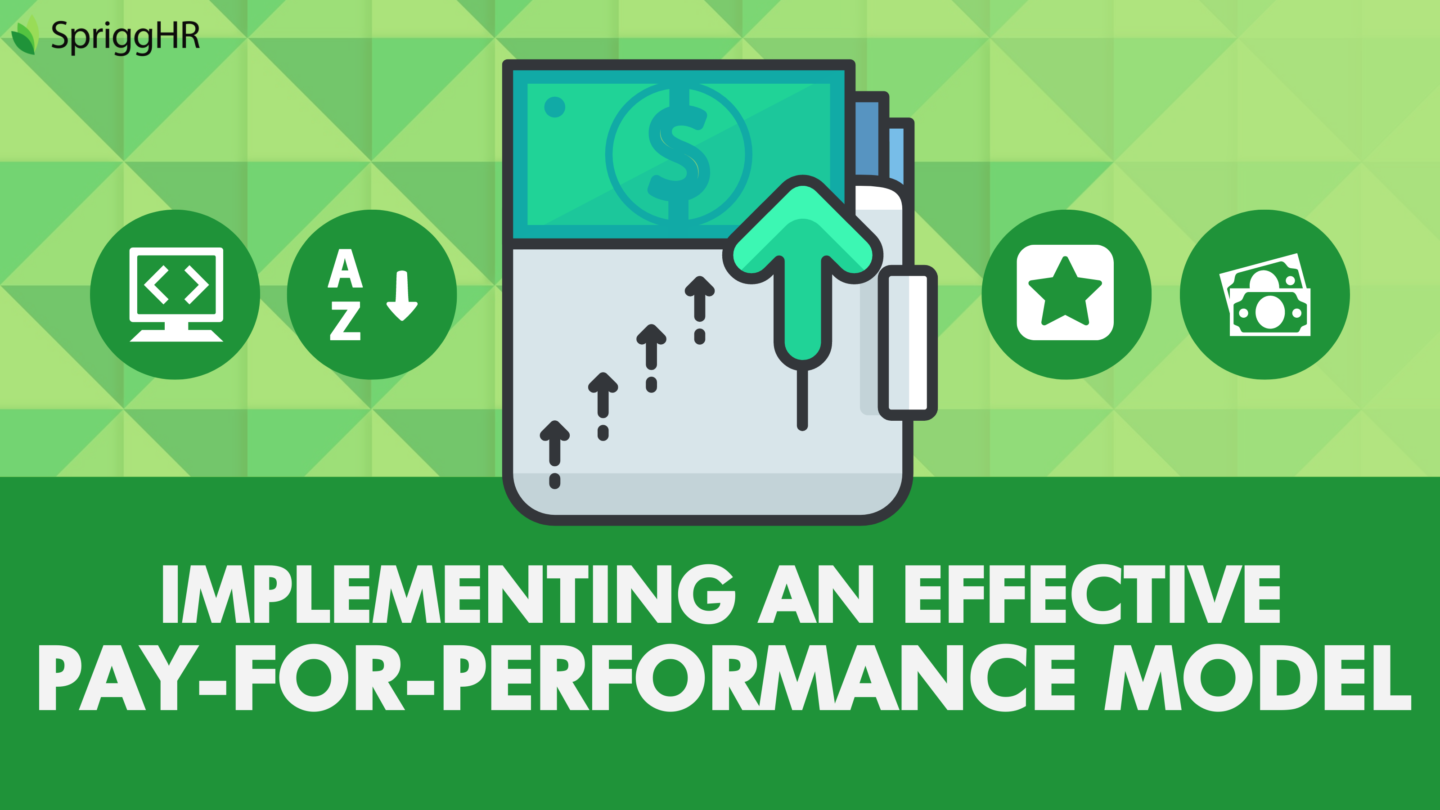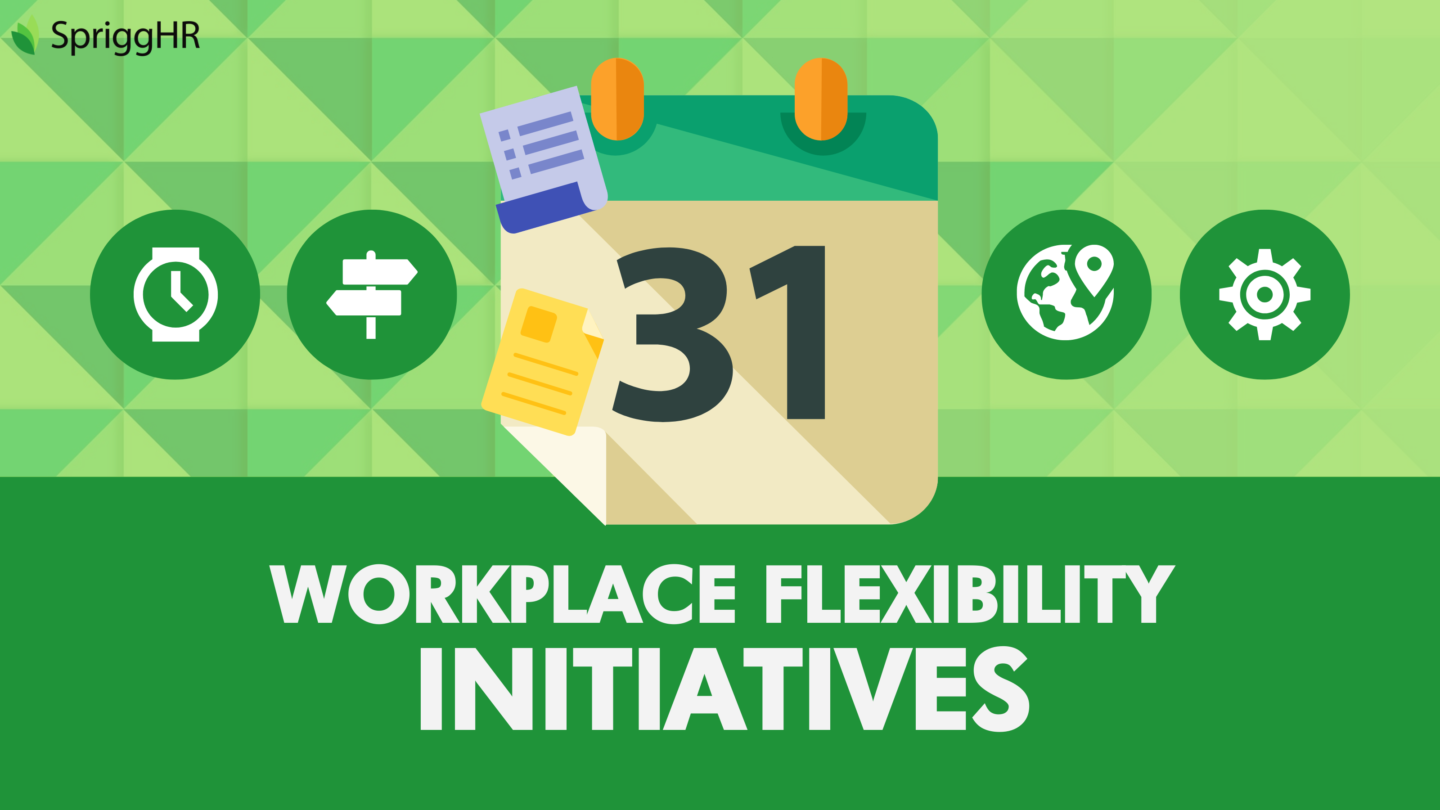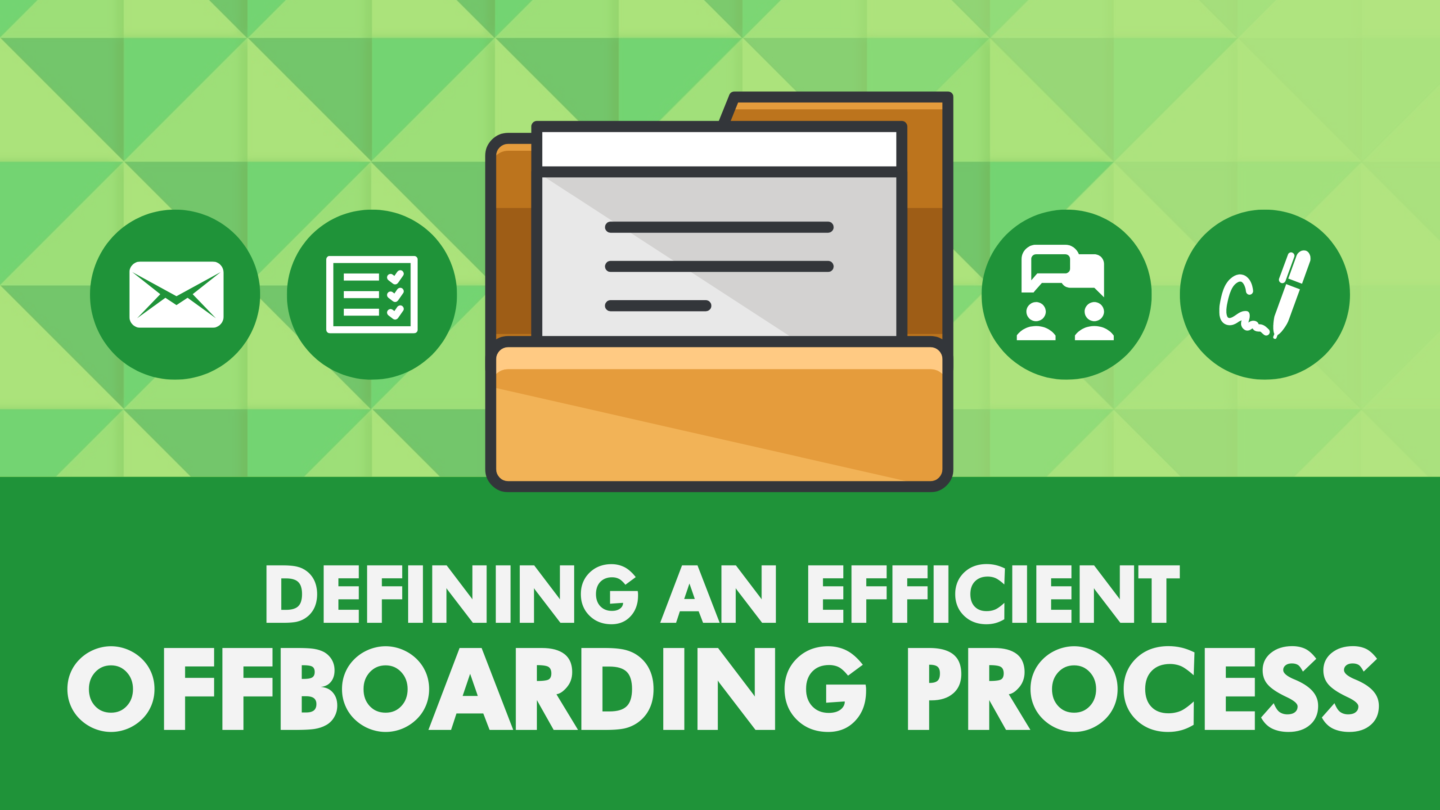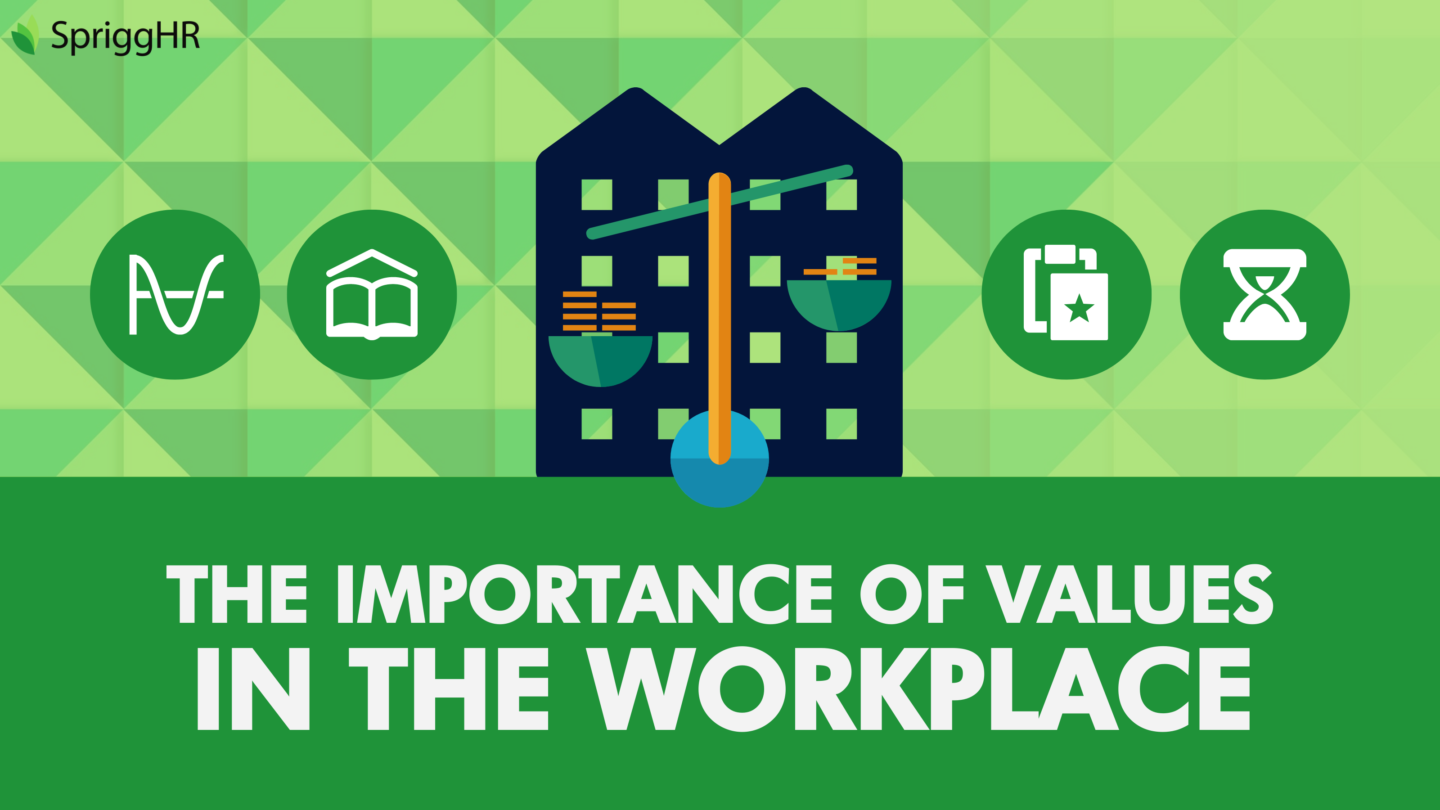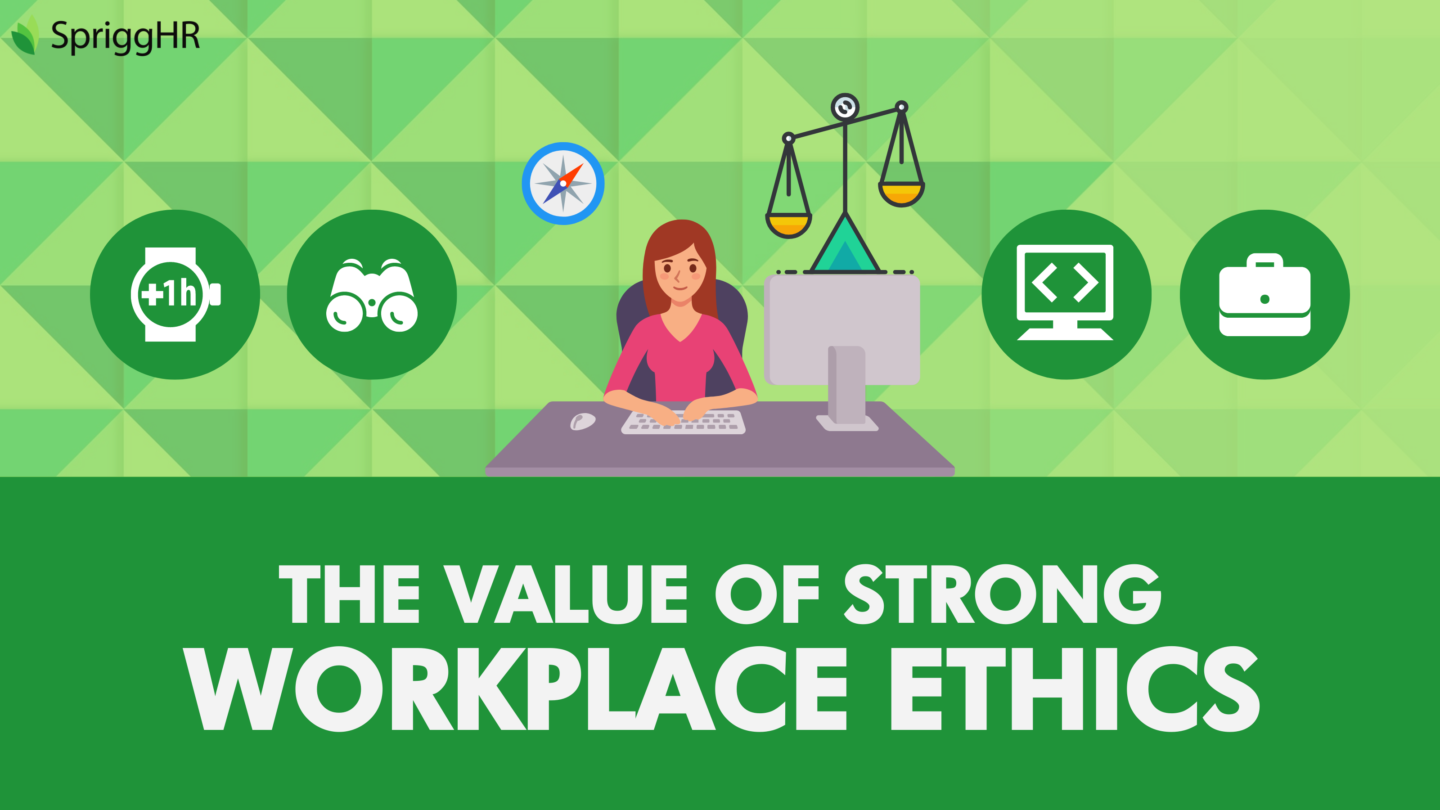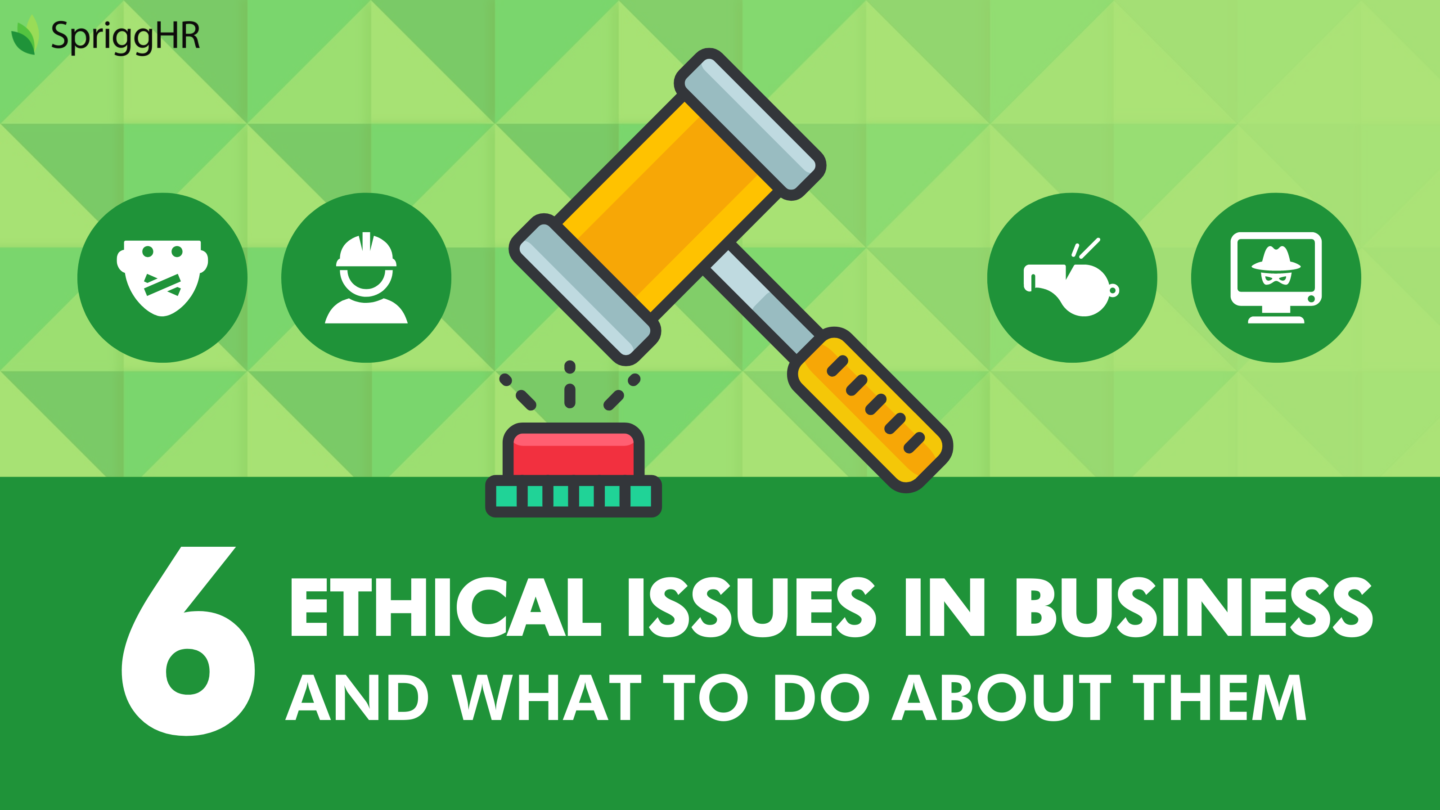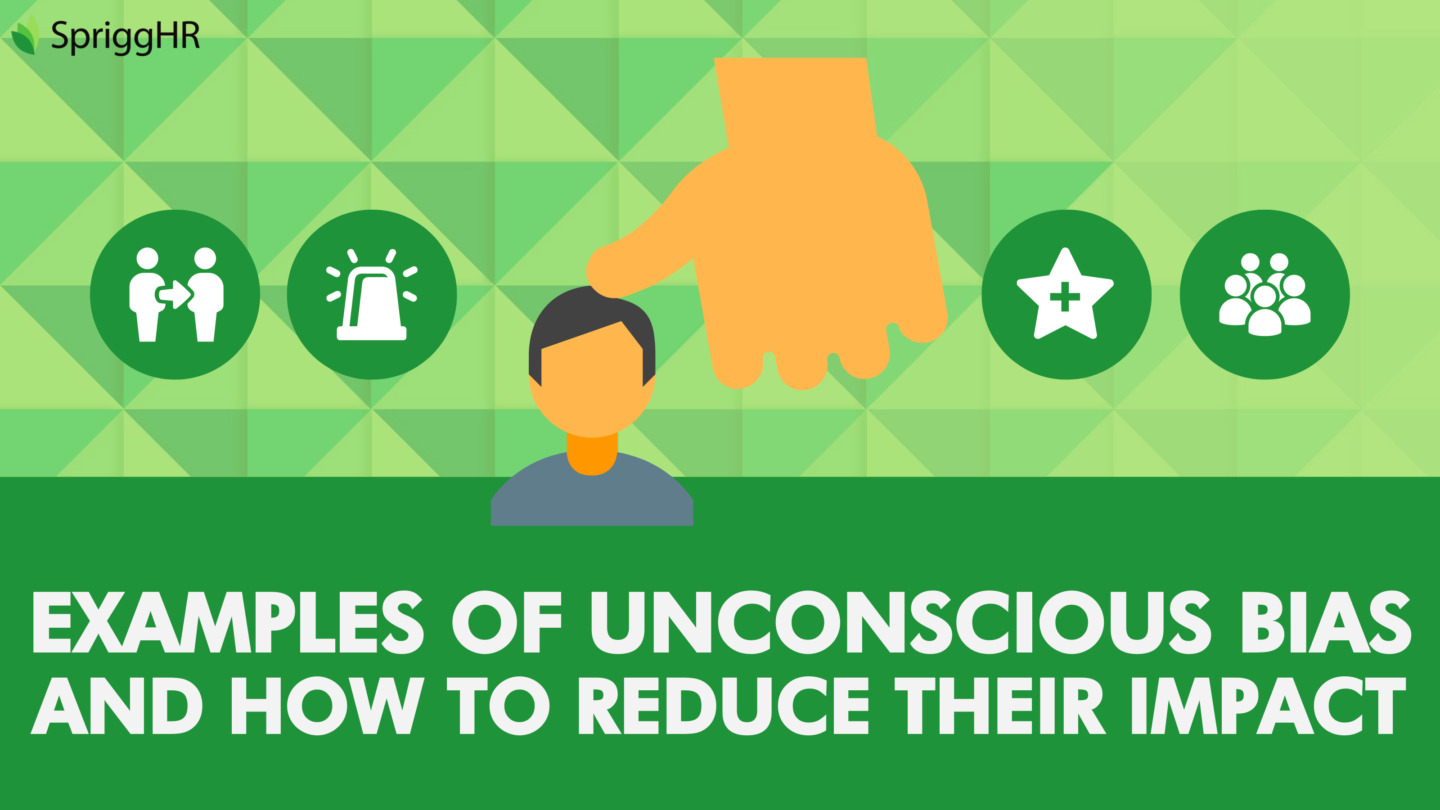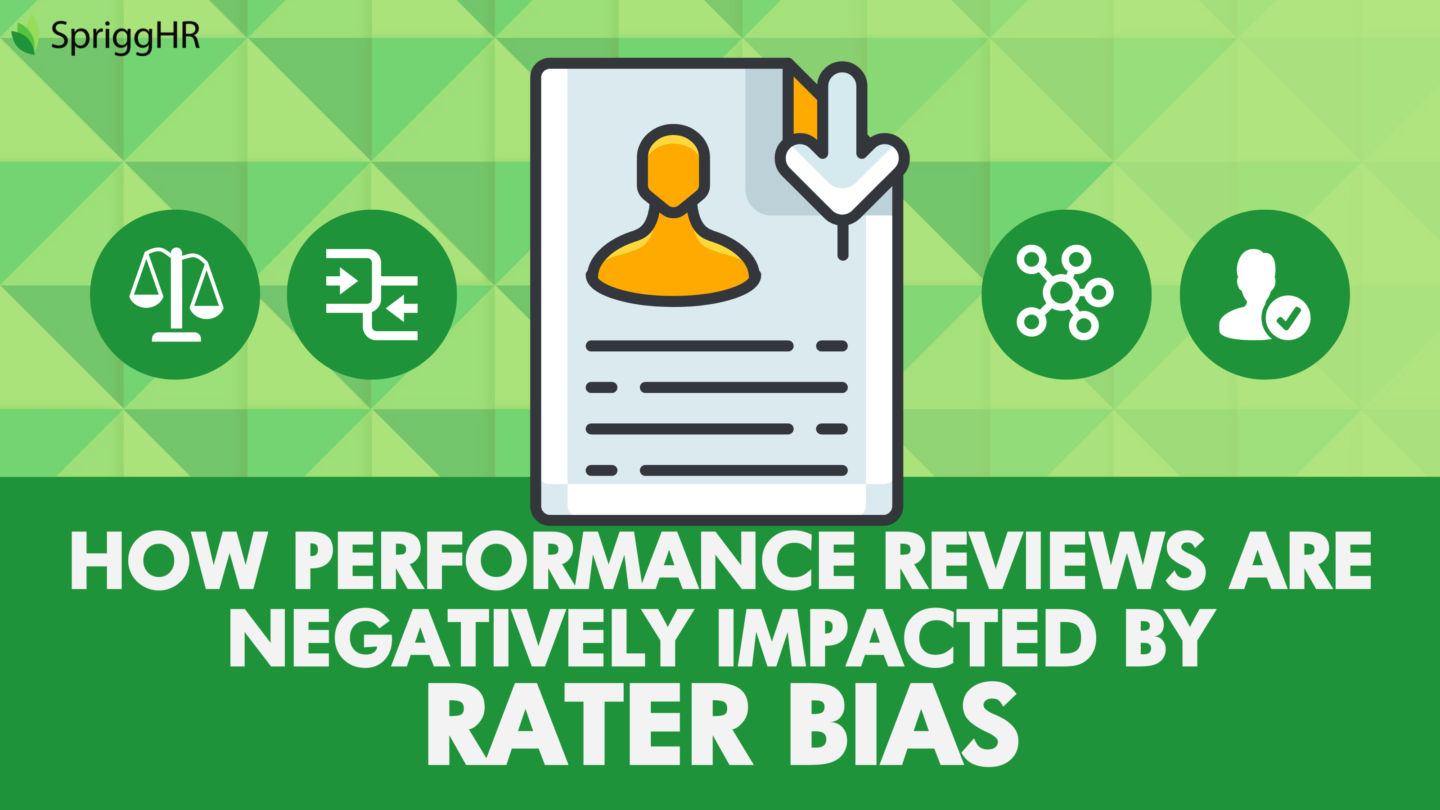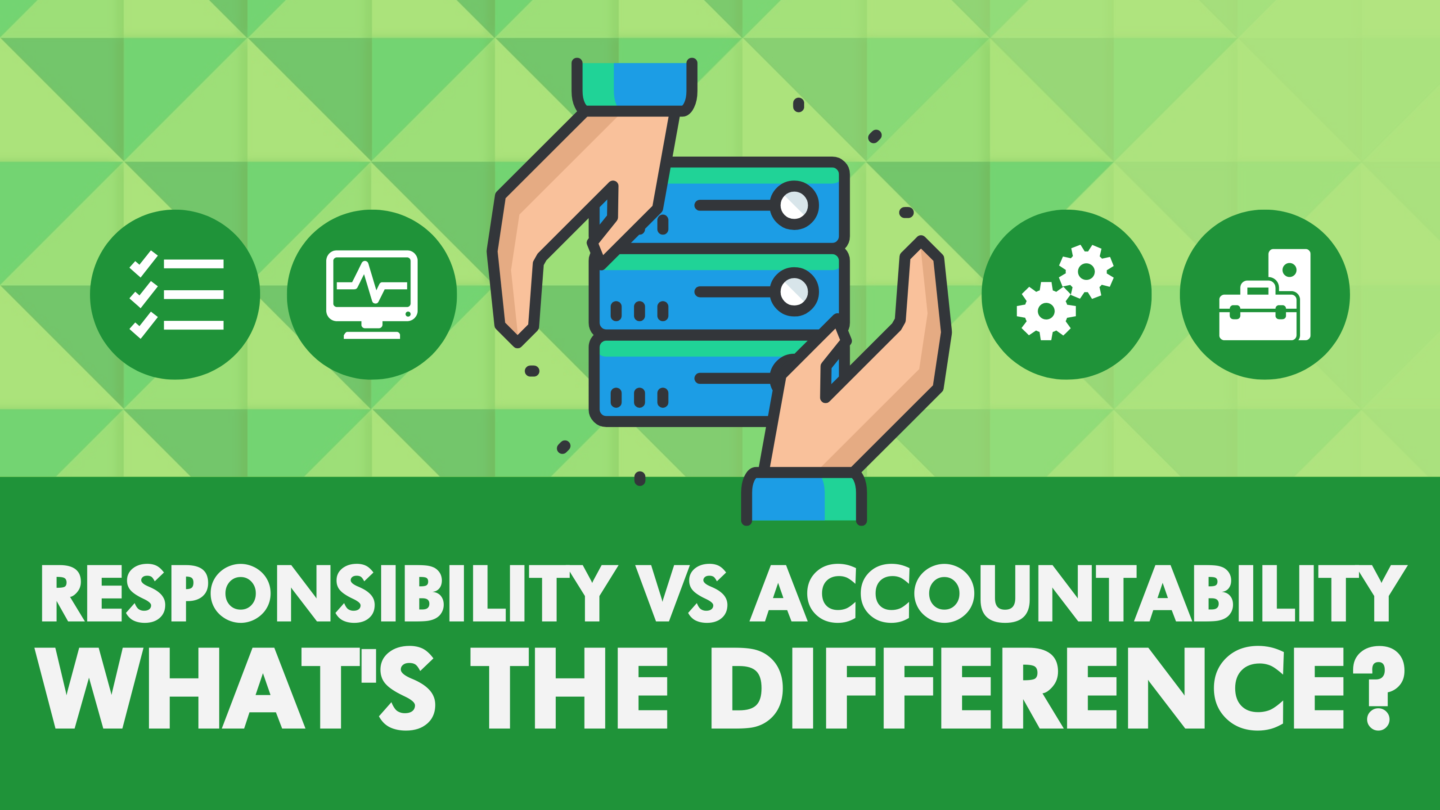Recruitment & selection help companies choose suitable candidates for jobs – understanding the difference between recruitment and selection is essential.
15 Essential HR Policies
Workplaces are changing, and policies should reflect these changes. HR policies specify obligations, standards of behavior & disciplinary procedures.
Effectively Using Verbal Skills
Verbal skills are comprised of much more than just speaking capabilities. Let’s take a closer look at what verbal skills actually encompass.
Top 16 HR Books to Read in 2020
Here are 16 great HR books that will help any HR professional do their job better, whether they are an experienced employee or new to the field.
10 Internal Communications Best Practices
Here are 10 internal communications best practices that can help to connect your team, and keep everyone engaged and motivated.
Implementing an Effective Performance Improvement Plan
An effective performance improvement plan can be the business tool that consistently resolves workplace productivity issues in your organization.
Implementing an Effective Pay-for-Performance Model
Pay-for-performance compensation describes performance-based pay programs where an employee is incentivized and rewarded for achieving goals or objectives.
Defining Skills to Set Yourself Up for Success
It is important to not only be competent at defining skills, but to be knowledgeable about what your skills are. So how do you go about defining skills?
Modern Workplace Flexibility Initiatives
Workplace Flexibility is becoming more common, but many organizations remain bound to ‘traditional’ practices when it comes to employee time & attendance.
Why You Should Use A Business Capability Model
The Business Capability Model is a tool used by the architects of enterprises globally, working to outline the overarching needs of their organization.
Defining an Efficient Offboarding Process
The offboarding process is equally as important as the onboarding process, and needs just as much attention to be done correctly.
The Importance of Values in the Workplace
The importance of values in the workplace lies in their purpose, which is, in short, to guide our beliefs, attitudes, and behaviors.
15 Work Habits that Drive Success
It’s important to develop and maintain good work habits in order to drive success, increase employee contribution and job satisfaction.
The Value of Strong Workplace Ethics
Workplace ethics refers to the way employees in an organization govern themselves and their overall work attitude, but it can also refer to morality.
6 Ethical Issues in Business and What to Do About Them
Ethical issues in business can be a difficult challenge to navigate for any business owner, as laws and statutes do not deter all unethical behavior.
The Importance of Time Management – 5 Time Management Activities
The importance of time management cannot be understated, as typically when managed correctly, it allows you to accomplish more in a shorter timeframe.
Examples of Unconscious Bias and How to Reduce Their Impact
Unconscious biases are cognitive biases that can be both positive and negative, and influence the vast majority of our decisions by affecting our behavior.
How to Recognize and Avoid the Horn Effect
An initial negative impression can lead to everything a person does being viewed through that lens, leading to a negative bias called the horn effect.
How Rater Bias Negatively Impacts Performance Reviews
Employee performance evaluations can be a challenging task for many leaders, and the process of rating others is often negatively influenced by rater bias.
Responsibility vs Accountability – What’s the difference?
It is important to understand the differences between responsibility vs accountability in order to assess who fits where in the office structure.

